Dr. Sunil Daniel, MD, FTOS, an American Board of Obesity Medicine (ABOM) Diplomate, answers questions regarding the importance of an obesity medicine physician.
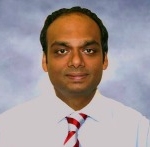 What unique skill set can the obesity medicine physician bring to the bariatric surgical setting?
What unique skill set can the obesity medicine physician bring to the bariatric surgical setting?
Obesity medicine specialists (OMS) are an integral part of a bariatric surgery practice as they provide pre and post-operative support for optimal weight loss outcomes. The core of this support is lifestyle modification which includes diet, behavior, and physical activity and long term follow up and support. OMS provide the appropriate dietary, physical activity, and behavior modification prescription that is tailored to an individual based on many factors such as current lifestyle, type of surgery, and where a patient is in her/his weight management journey. Furthermore they assess barriers to diet and physical activity modification and use behavioral therapy to help patients overcome them.
What impact can the obesity medicine physician have on patient outcomes?
Obesity is a chronic disease requiring long-term management regardless of the modality of weight loss, medical or surgical. Obesity medicine specialists (OMS) improve bariatric surgery outcomes by collaborating with bariatric surgeons to provide meaningful and long-term treatment and support to patients. Long-term weight management includes challenges such as weight regain, weight loss plateau, loss of motivation, dietary boredom, overcoming life challenges among others. OMS use their special training and knowledge of tools such as motivational interviewing, weight loss medications, cognitive behavioral therapy to help patients overcome the challenges and barriers that are part and parcel of this chronic disease and its multifactorial causes.
Have you had the experience of working with a bariatric surgeon?
At University of Alabama at Birmingham I had the pleasure of working side-by-side with bariatric surgeons to care for our patients who struggle with obesity. This type of collaborative set up has multiple benefits including increased communication between bariatric surgeons and OMS, which is crucial for providing comprehensive and high-quality obesity care. It also reduces the overwhelming burden on the patient of navigating through the complex health insurance system to meet the appropriate qualifications. This team-based partnership, if established early in a patient’s weight management journey, helps reduce anxiety and builds confidence and trust in the process. This helps foster a long-lasting provider-patient relationship that is critical for long term success.
Are there any clinical findings or evidence based research supporting the value of obesity medicine physicians and bariatric surgeons working together?
To the best of my knowledge there is no outcome research on the value of obesity medicine specialist (OMS) collaboration with bariatric surgeon for obesity care. However there are articles that point out the importance of this new class of specialists and the need to train the next generation of physicians to specialize in Obesity Medicine. This will help the healthcare system address the growing disease and cost burden of the obesity epidemic.
What is the value of working with an ABOM diplomate specifically?
To deliver evidence based and high quality obesity care physicians need to possess knowledge of pathophysiology of the disease, appropriate assessment skills, and proficiency in using various modalities of treatment of obesity and its co-morbid conditions. ABOM diplomates represent such body of physicians who have demonstrated excellence in obesity care. Collaborating with ABOM diplomates ensures that well-established standards for quality of care are met and non-evidence based modalities of obesity and overweight management are not used.
About Dr. Daniel
Dr. Sunil Daniel is an obesity medicine physician with fellowship training in clinical nutrition and obesity management. His academic experience includes a faculty position (assistant professor) in the Department of Nutrition Sciences at the University of Alabama at Birmingham (UAB) where he practiced patient-tailored obesity management at UAB Weight Loss Medicine. He received his MD degree from St. George’s University, Grenada and completed his training in Internal Medicine at Seton Hall University, Newark, NJ. He is board certified in Internal Medicine and Obesity Medicine and completed his post-doctoral fellowship training in clinical nutrition and obesity management in the Department of Nutrition Sciences at UAB.
His research interests focus on weight maintenance and technology innovation to promote weight loss. He has authored several scientific papers on obesity and its medical management. He has developed and published a comprehensive and complications-centric obesity staging model and a treatment algorithm to help clinicians identify patients who will benefit most from weight loss therapy. Dr. Daniel is involved in teaching obesity and nutrition to medical students, medical residents, and dietetic interns. He is a fellow of The Obesity Society and member of American College of Physicians, Obesity Action Coalition, Society of Behavioral Medicine, and American Society of Bariatric Physicians. Dr. Daniel is a Duke University-trained Integrative Health Coach. He is also an entrepreneur who is passionate about developing mobile technology enabled disease modification solutions that are both evidence based and meaningful to the user. He takes pride in his work as a weight loss evangelist, sharing with others his own success and challenges with weight loss and weight maintenance.

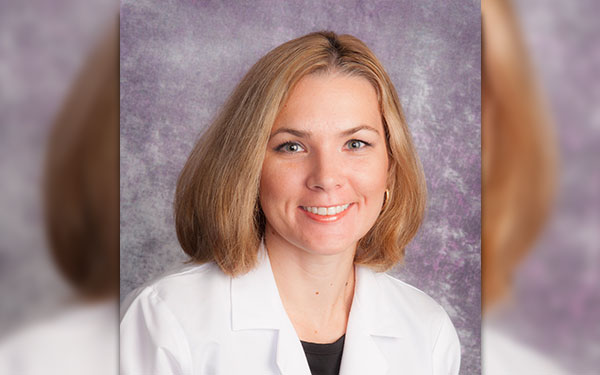
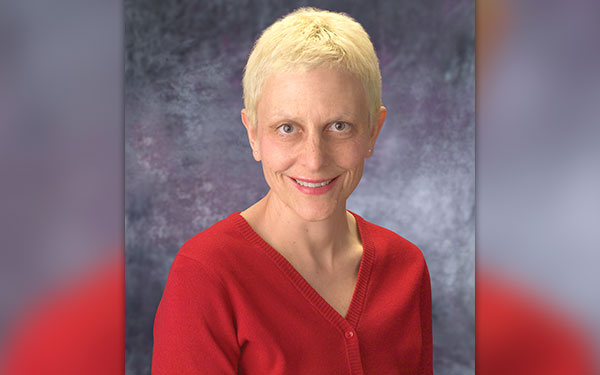
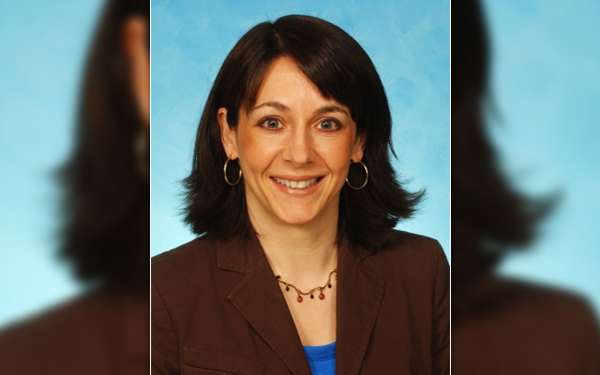
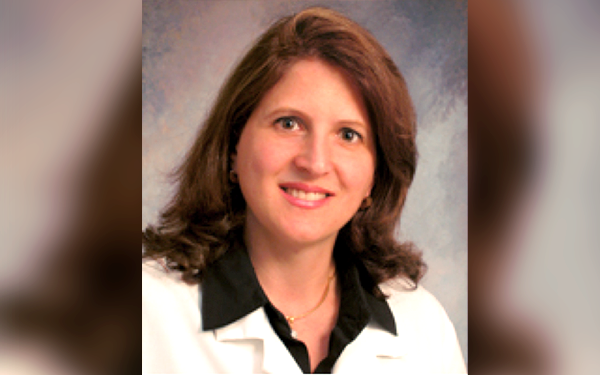
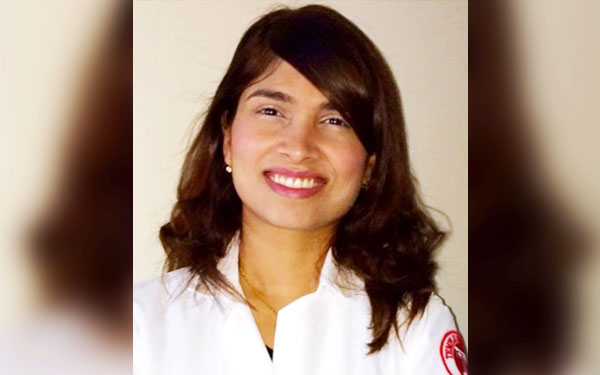
Leave A Comment
You must be logged in to post a comment.